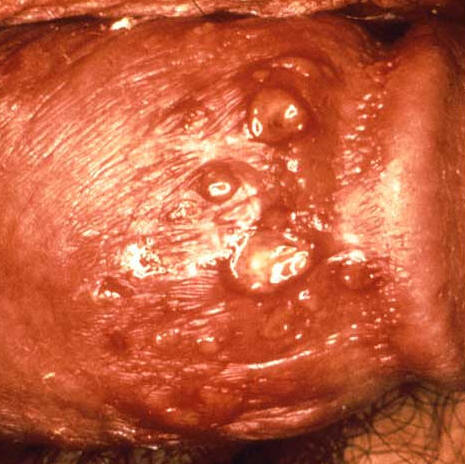Though, most doctors will begin treatment if the sores appear typical of Genital Herpes, it is not the same each time. Genital herpes can be difficult to diagnose without proper tests as the symptoms may not be noticeable in some people. Moreover, the symptoms for genital herpes are quite similar to different illnesses like lichen planus, atopic dermatitis and urethritis.
For diagnosing genital herpes, the swab of the suspected patient is collected and sent to the laboratory for analyzing. A variety of tests may be advised to establish the diagnosis. These include the following:
- Virus culture
- Polymerase chain reaction to find the virus DNA.
- Using antibodies to the virus to determine the presence of the genital herpes virus.
If the symptoms are visible and the sores are still unhealed then virus culture is recommended as the swab can be collected from the infected tissue. When the genital herpes is asymptomatic (no symptoms), then blood tests are used.
The presence of the herpes simplex virus needs to be proved to confirm a diagnosis of a genital herpes simplex virus infection. Since, it is possible for a person with genital herpes to have another sexually transmitted disease simultaneously; a full genital check needs to be done. This may include a cervical smear test for women.
The initial examination involves a thorough examination and a visual examination of the genital area. It also includes the study of the sexual history of the patient.
For male genital herpes diagnosis, the visual examination includes a look at the penis, scrotum, rectum, discharge from the urethra, and blisters or skin lesions around the genital area. The swab may be collected from the urethra and anus for a laboratory test.
Lymph nodes should be checked irrespective of the sexes, as swollen lymph glands often follow up with genital herpes vesicles or skin irregularities.
A doctor cannot base a herpes diagnosis on visual inspection alone. The US Centers for Disease Control recommends that both virus culture and serologic tests are necessary.
The genital herpes virus can be detected by the laboratory test called a culture. A culture is done by collecting swab from suspected herpes sore. However, even if the culture does not show the presence of HSV type-2, a person may still have genital herpes.
Therefore a blood test is carried out as it can show if a person has been infected at any time with HSV. It cannot, however, show whether a person can infect another with the herpes virus. This can be found only by a culture. Hence, both these tests are recommended at the same time.
Serologic herpes tests are emphasized for some patients like people who have had recurrent genital symptoms but with negative herpes viral cultures. It is also advised to determine if the partner of a genital herpes patient has acquired the disease. People who have multiple sex partners and those who need to be tested for different types of sexually transmitted diseases are recommended for a blood test as just a viral culture won’t be sufficient.
References:
http://www.herpesdiagnosis.com/diagnose.html
http://dermatology.about.com/cs/genitalherpes/a/herpfirst.htm
http://www.healthline.com/adamcontent/genital-herpes

